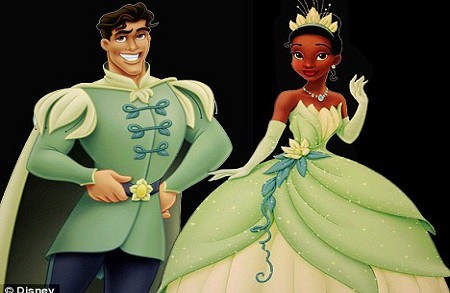After my recent advice column spurred a great amount of debate on the subject of interracial dating, I’ve decided to write my thoughts on the subject.
As the only child to educated, open-minded parents, I’ve never faced much objection towards the ethnicity of the men I’ve dated. And as much as my parents would love for me to eventually marry a Tamil man, they are fully aware of my personality and that I am very liberal in my thinking. Although I love my culture, who I am is not defined by it. Moreover, I choose not to limit my experiences and interactions with other ethnicities from a xenophobic notion that my culture will be tainted by involving myself romantically with someone of another race.
I understand the reservations that some hold towards interracial relationships. There is the possibility of cultural conflict, being labelled, dealing with parental objections and stigmatization from mainstream society. And as much as these concerns are valid, we must consider that most of these points arise from one’s individual perception.
One commenter asks “what language will a child born of a Tamil mother and Caucasian father speak” and goes on to say, quite ignorantly, that children born to mixed parents are merely “diploma holders”. Yet not only do I know children from mixed backgrounds who speak their mother tongue fluently, I personally know individuals who are highly educated with their Master’s and Law degrees. As well, I also know plenty of “pure” Tamils who are also diploma-holders and even a few high school dropouts. The point is that one’s race is irrelevant to their education level.

Many conservative-minded Tamils believe that to maintain cultural purity, one must not stray from our own kind. An outsider could never integrate to or even adopt our way of life, beliefs and practices. This is a hypocritical line of thinking. After all, the Tamil diaspora has successfully integrated to the West by adopting certain Western ideologies to make a better life for ourselves. By doing that, are we not partially betraying the sanctity of our own culture?
What many fail to realize is that culture is in a constant state of evolution. If there is such resentment towards a Tamil man or woman being with a non-Tamil partner, are we not being xenophobic? Who are we, then, to speak out against the racism we experience as minorities when we ourselves are guilty of the same bigotry?
Hinduism preaches to love the soul of an individual. Nowhere does it say anything about loving a certain caste, creed or race. Likewise, the Bible commands us to love thy neighbour. Nowhere does it say to only love thy neighbour of the same skin colour as you. If the teachings of the Holy books do not preach only loving someone with a certain skin colour, then why do we sanction the belief that it is wrong to love someone from another race? Holding a preference towards a partner from our own race is our prerogative; that does not give us the right to judge or condemn others who may choose to be with someone who is culturally or ethnically different.
Those who vehemently oppose interracial relationships cite the seeming “corrupt morals” of other groups, and how Tamils should be held to a higher standard of behaviour. Yet we must realize that we are not morally superior to any other ethnic group. We are guilty of just as many transgressions as any other group. Our race does not determine our moral compass; it is our character that does, regardless of where we come from.

The core of human relationships – in its most pure and valued form – seeks to find a deeper connection that surpasses the mere superficiality of an individual’s background and culture. The negative, to me, is solely based on our perception and how we choose to view the situation. If we choose to view it through tunnel vision, then we come up with every single justification to condemn and discredit the value of that relationship.
If the basis of all religious scriptures preach peace, love and unity, what good are we doing to ourselves and those around us by acting in judgment, hatred and encouraging separation? To love someone outside of the very upbringing and society they are brought up in takes courage and strength. It is an action that should be applauded, not shunned and stigmatized as a perceived transgression.
After all, the saying goes “Love is truly blind, sometimes even in colour.” And maybe – just maybe – that’s not such a bad thing.
Want to share your input? E-mail us at editor@tamilculture.ca. We will get back to you shortly.

 Tasha Nathan
Tasha Nathan









